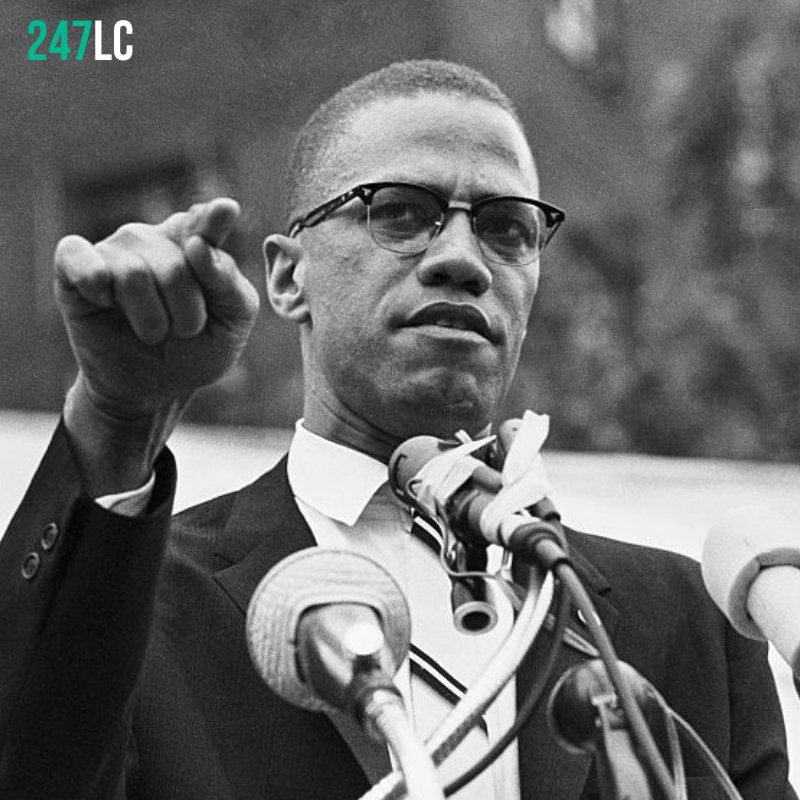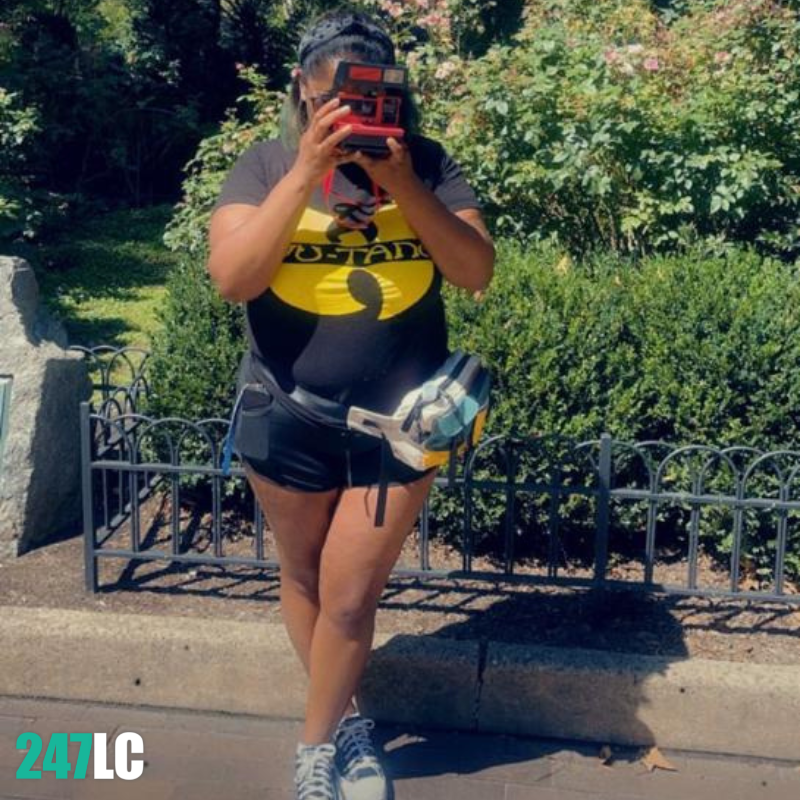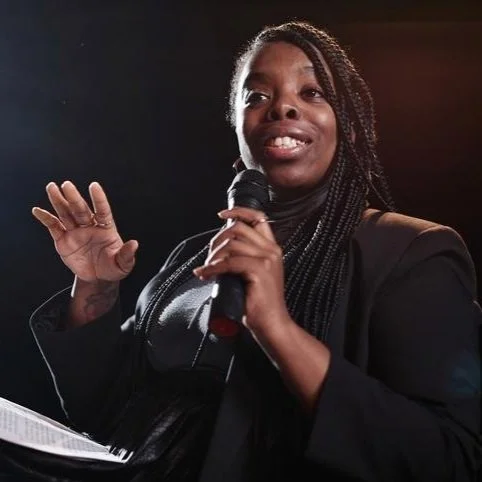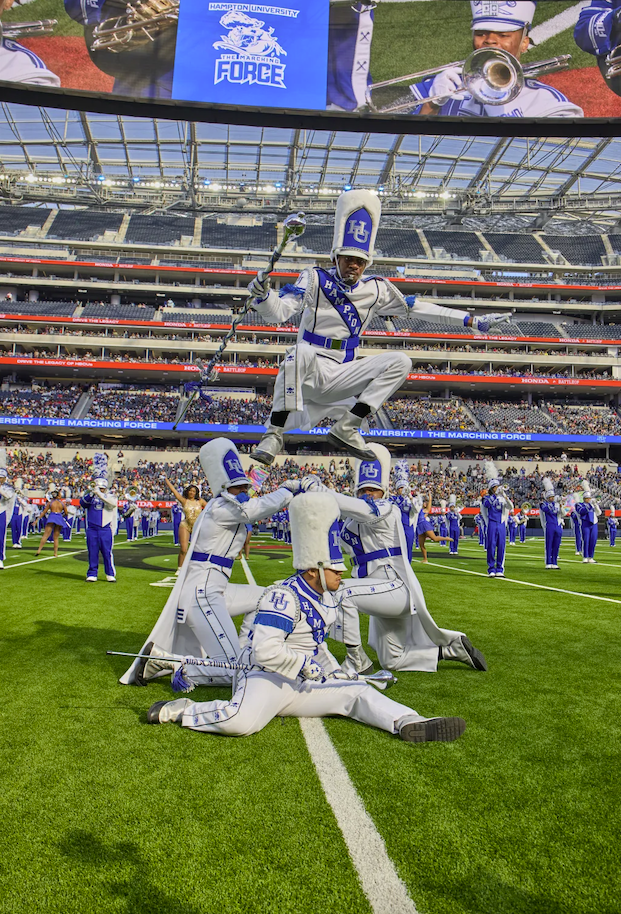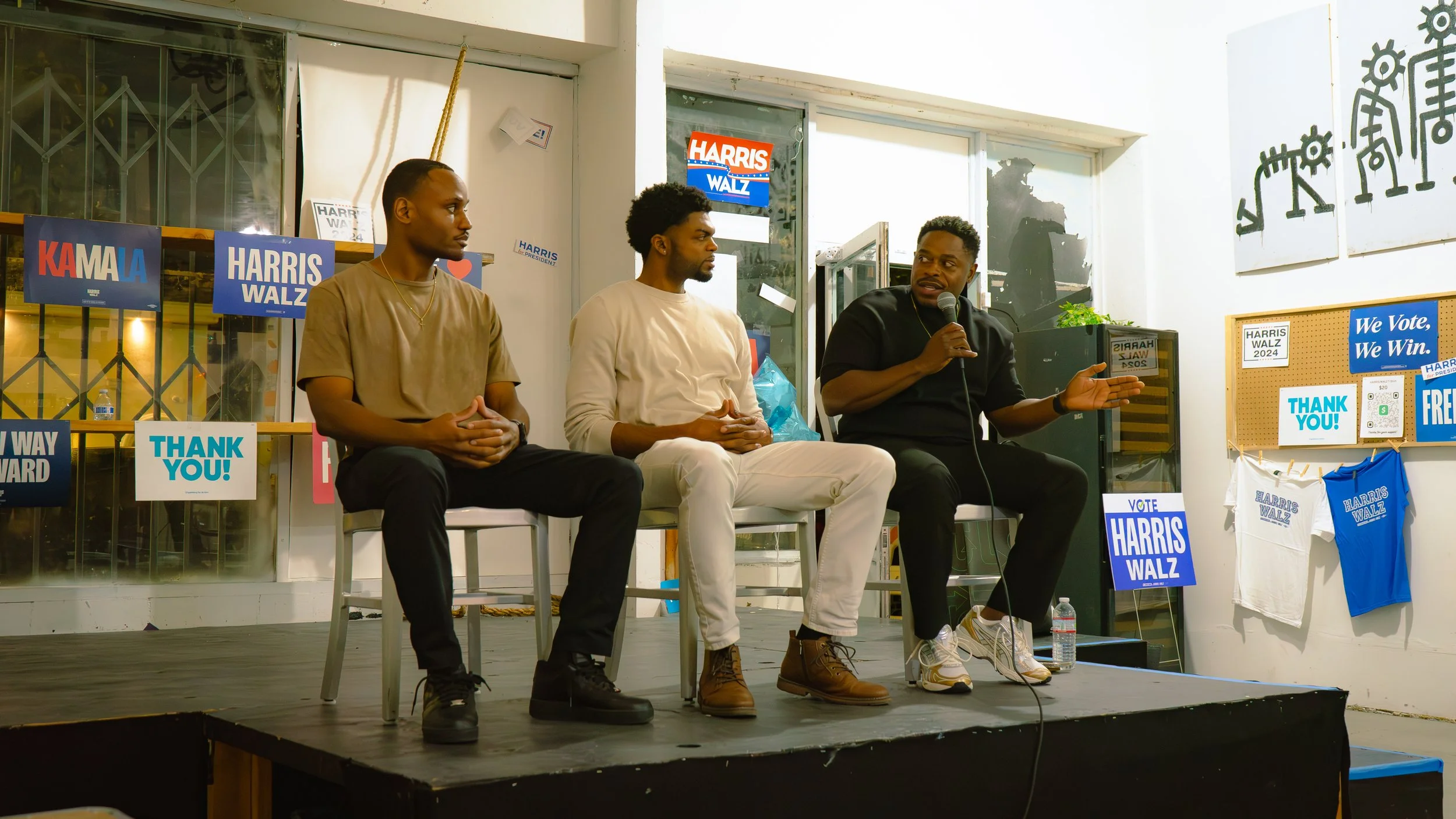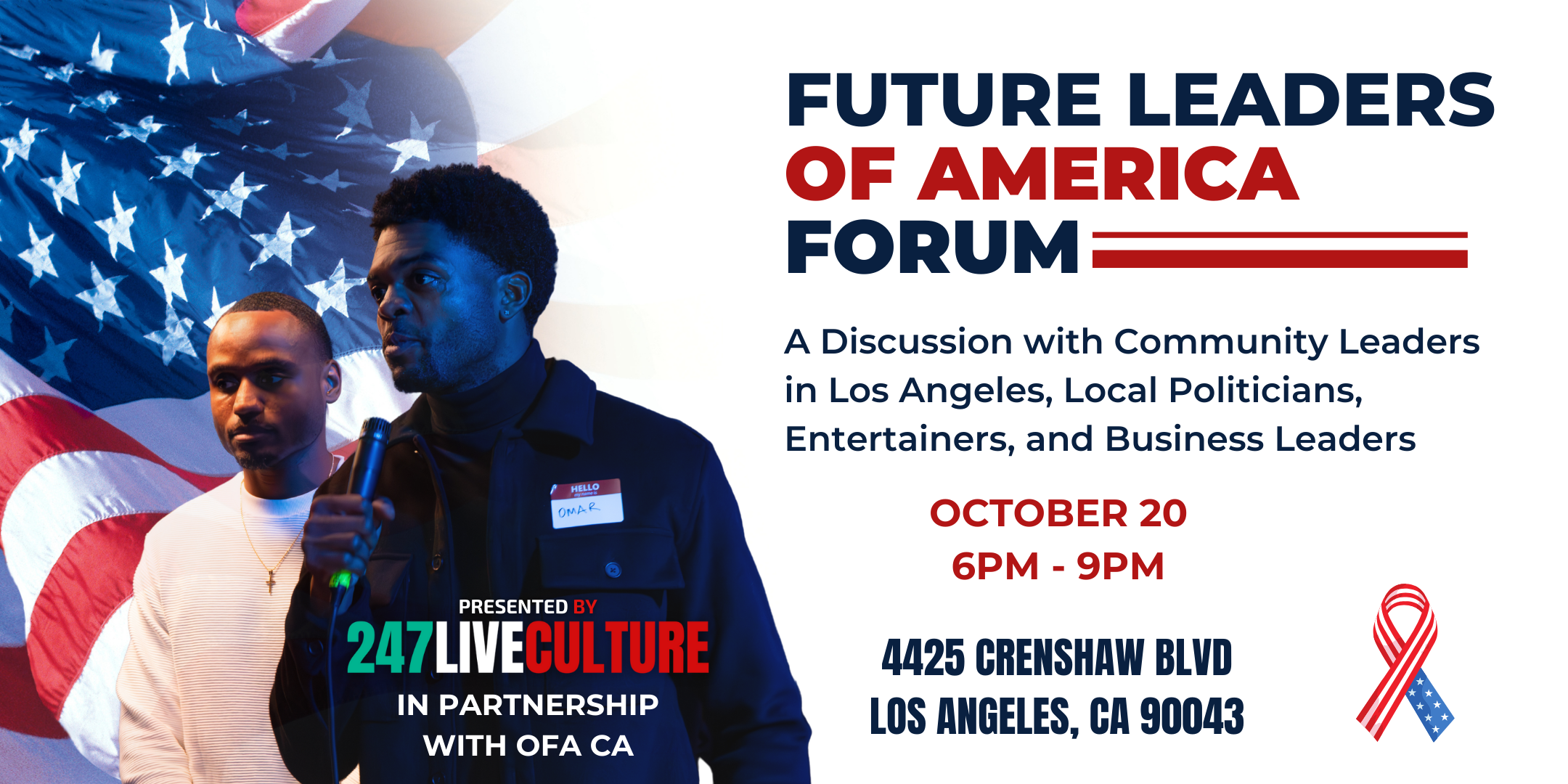Celebrating Black Culture: Black History Needs A Longer Month
By: Kwana Adams
There’s something about Black History Month that makes me feel so close to my fellow black people. There’s also something about Black History Month that makes me feel ripped off. First off, they gave us the shortest month of the year. Second of all, why are we celebrating black history when we’re not learning black history?
This is something that has been bothering me since I became a college student and broadened my horizons. I learned so much, on my own, that I’ve wondered, why haven’t we been taught this? For instance, when I read the story of Medgar Evars, the anger that flowed through my body was real. Why did my teachers not teach me about him? In front of his family, this man was murdered in his driveway, and they didn’t think we needed to learn about him? He was a veteran who fought for a country whose citizens shot him dead in front of his home. He was also a prominent civil rights activist who died fighting for the cause. So many other black people did, too, but we hardly get to hear about them. I want to know why.
When I was in school before college, black history month was just slavery, Harriet Tubman and Martin Luther King Jr. Am I supposed to be grateful for this? Where is the rest? Why are you keeping our history from us? I know all about European history because it’s part of the curriculum, but why was black history taught separately?
Black history is so vast and so rich, but they’re barely scratching the surface on what they teach us in school. Every day I learn something new about black history, and I can’t help but wonder why it wasn’t significant enough to add to the curriculum.
The world likes to pretend that slavery, civil rights, and segregation happened hundreds of years ago, but they didn’t. My grandmother marched with Dr. King. There were areas in the city she and her black friends weren’t allowed to step foot. Recently, I did an audio documentary project that touched on this subject. My goal was to interview all people of all generations and races and question them about the black history education they received in school. I never got around to interviewing too many people because the stories my grandparents told were just too great. The whole project ended up being about them, what they learned about black history in school, and what they experienced growing up during the 60s and 70s. My grandparents lived some of what they’re teaching us now, and they are still well and alive.
I’m from the state of Rhode Island, which resides up north on the east coast. People, especially Rhode Islanders, love to pretend that the north isn’t as racist as the south. My grandparents would beg to differ. The racism here isn’t as blatant as it is in the south. In Providence, the city I’m from, there is a small area called Federal Hill, also known sometimes as ‘Little Italy.’ Federal Hill is a long street filled with all types of Italian restaurants. Nowadays, it’s an excellent spot for couples to go on dates or for friends to sit and enjoy a meal.
Back in the 70s, when my grandparents were growing up, they were chased out of this area and called the N-word, with the hard ER. When they told me this story, I was disgusted and appalled. I go through Federal Hill freely all the time. I never stopped to think that it wasn’t always like that for everyone. It also really makes me think, “if my grandparents are still alive, then most likely the people who chased them off are alive as well.” This is why teaching black history is so important. The people who caused the most hurt are alive and walking among us without a care in this world. The people who chased my grandparents off and hurled slurs at them live happily while my grandparents and family live with the pain of how they were treated. The least you can do is give us our history.


